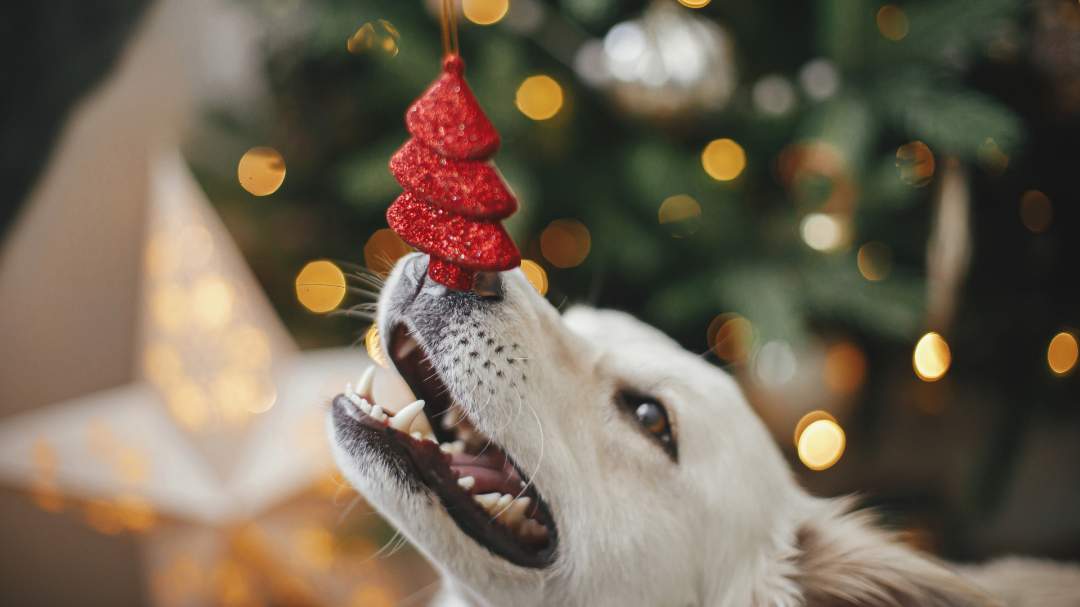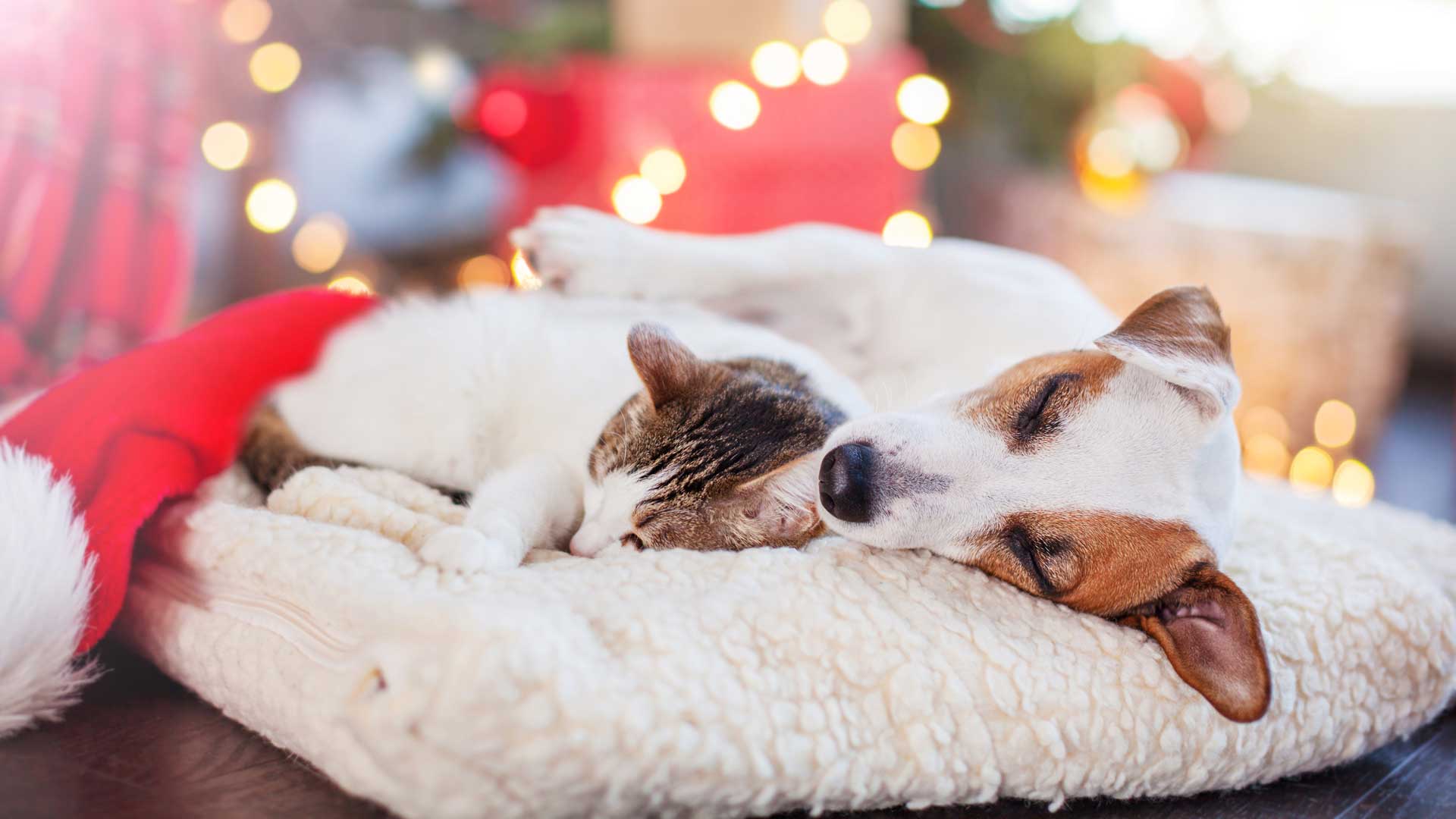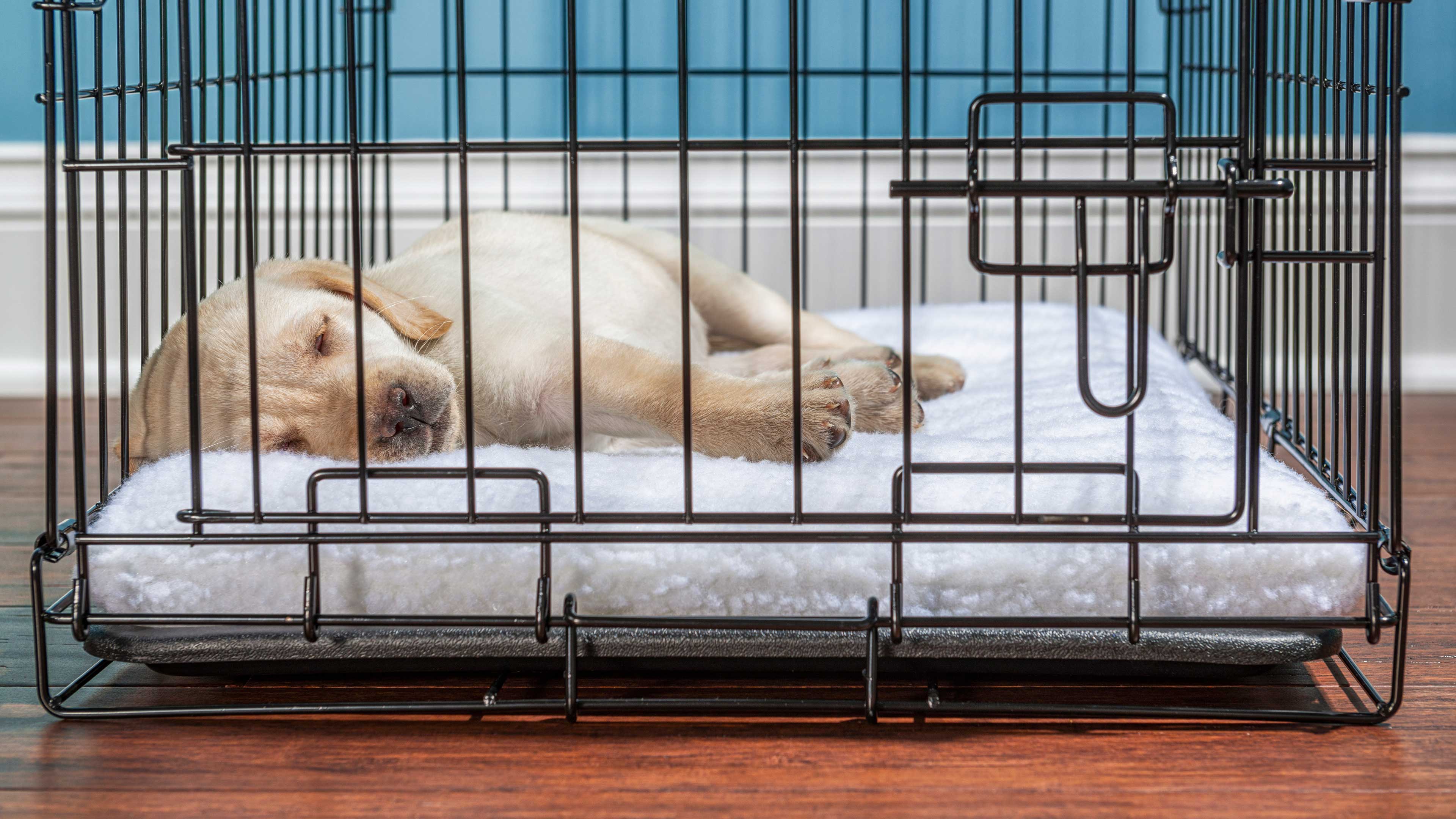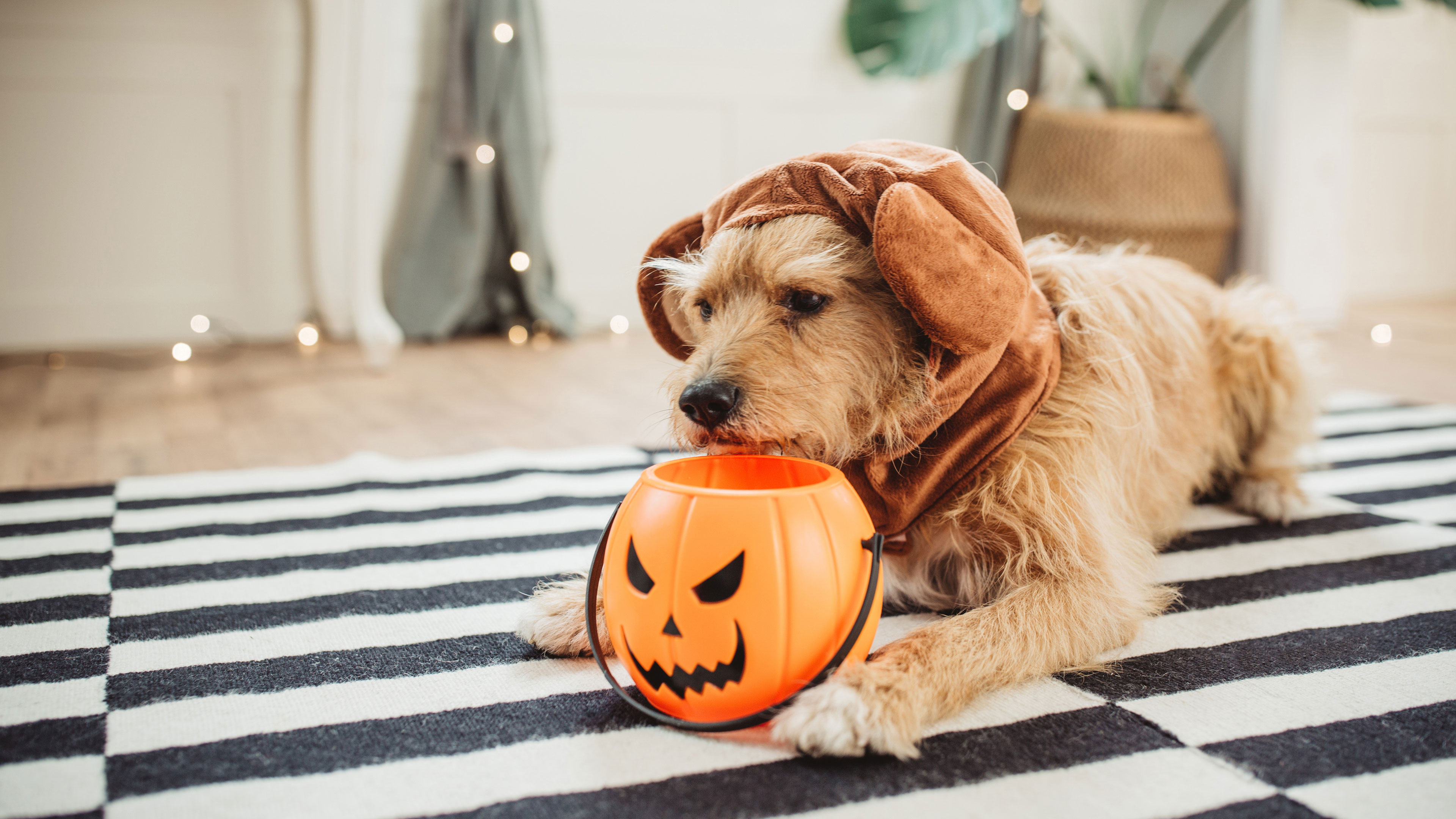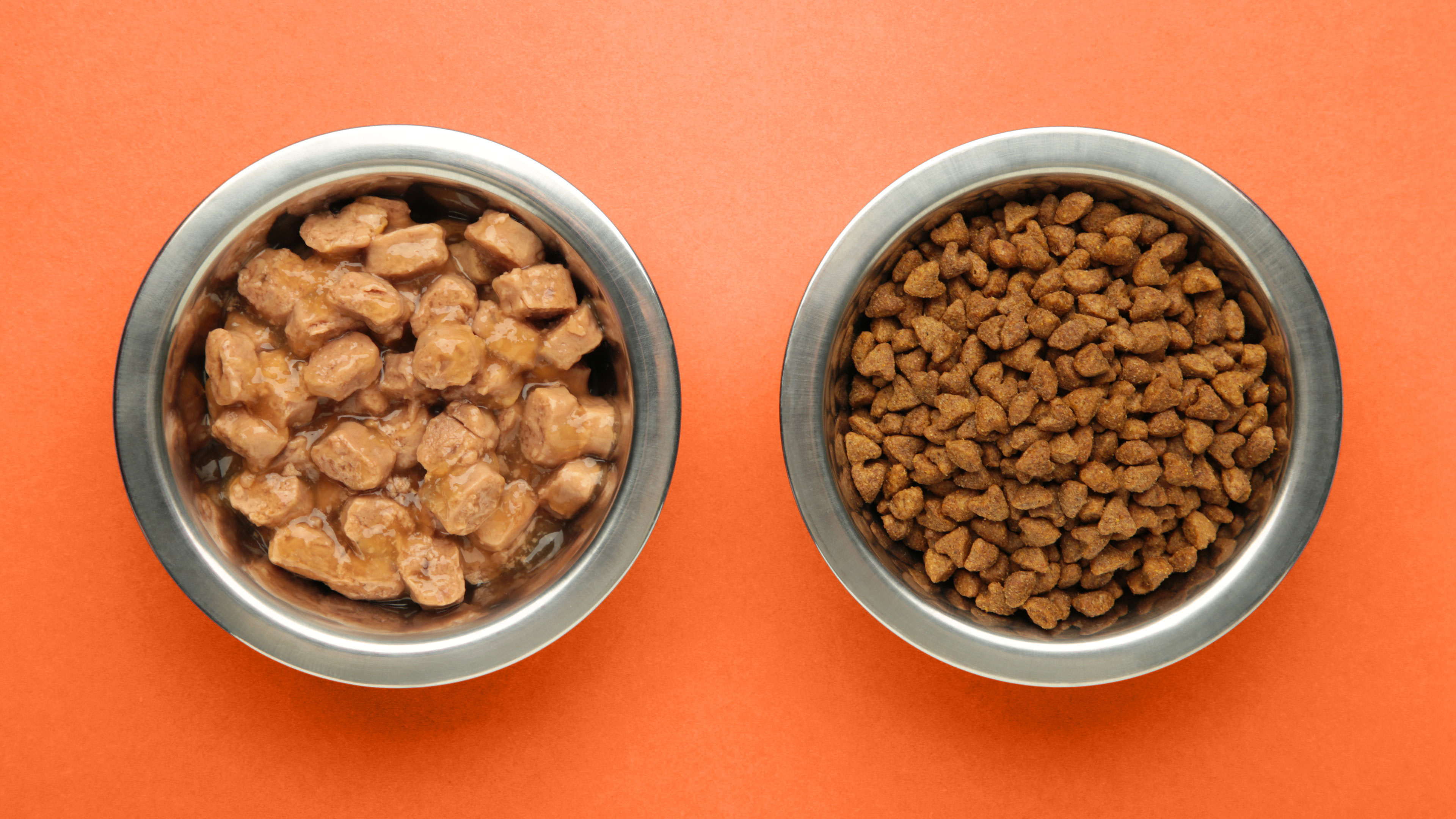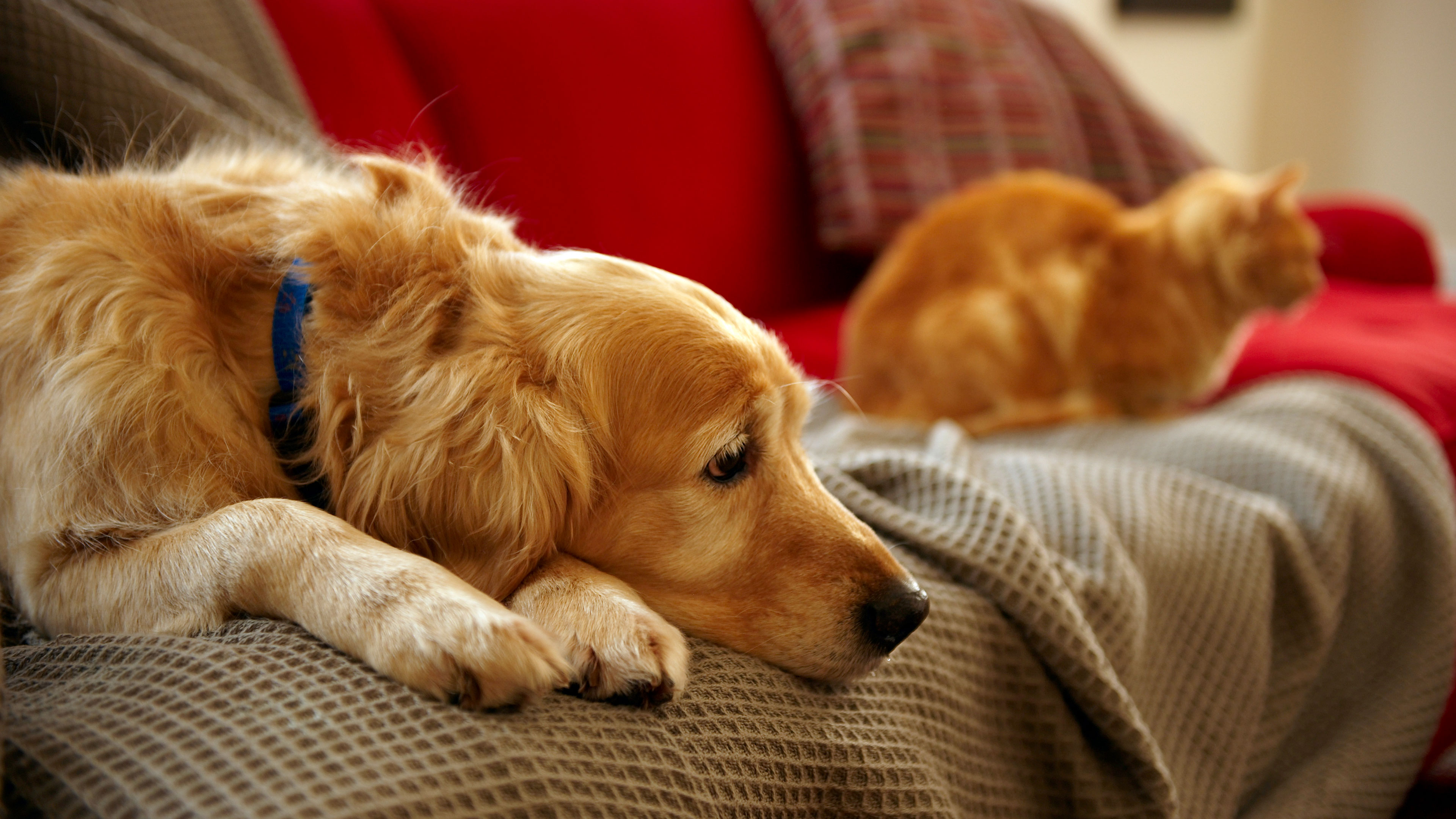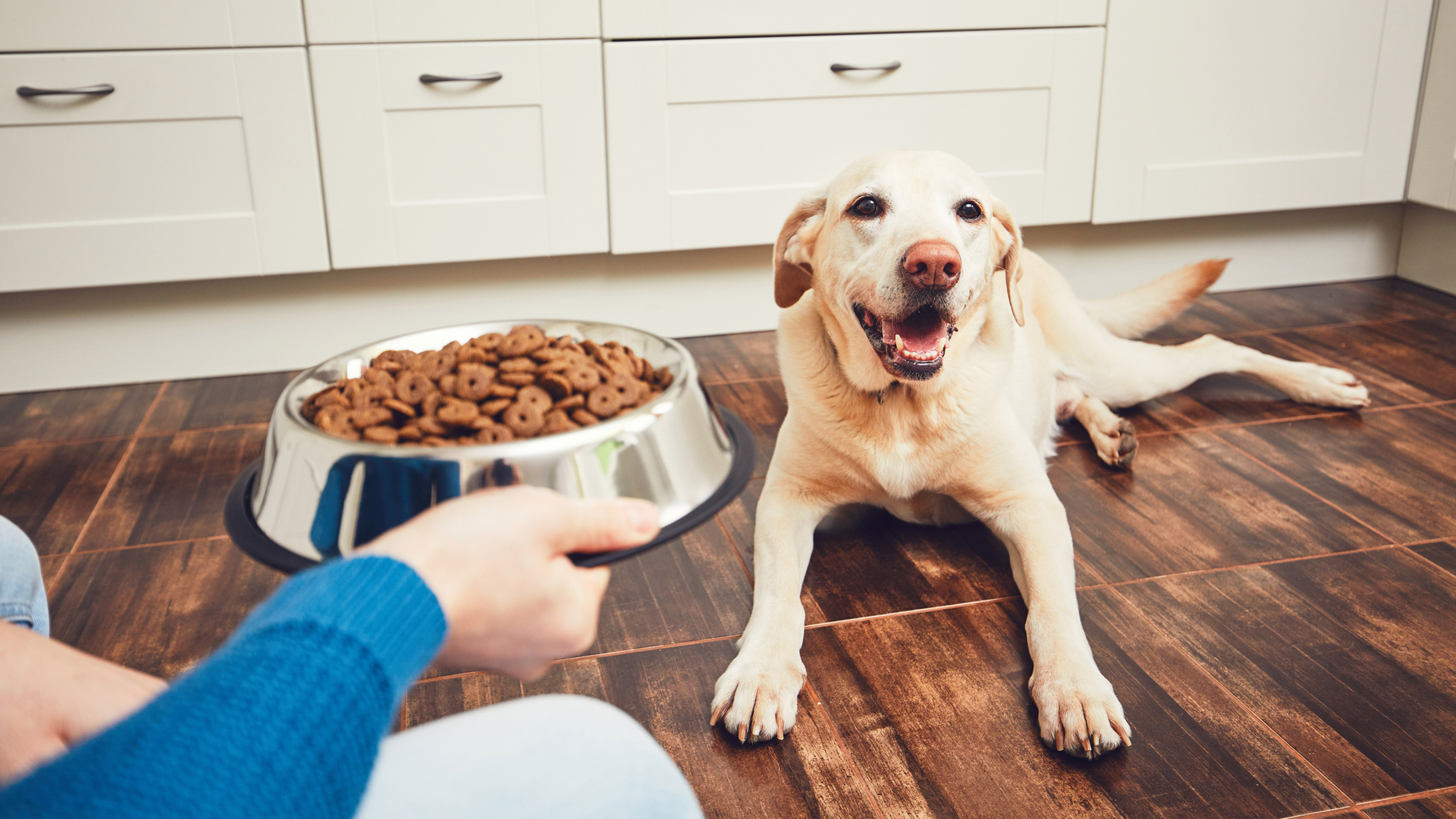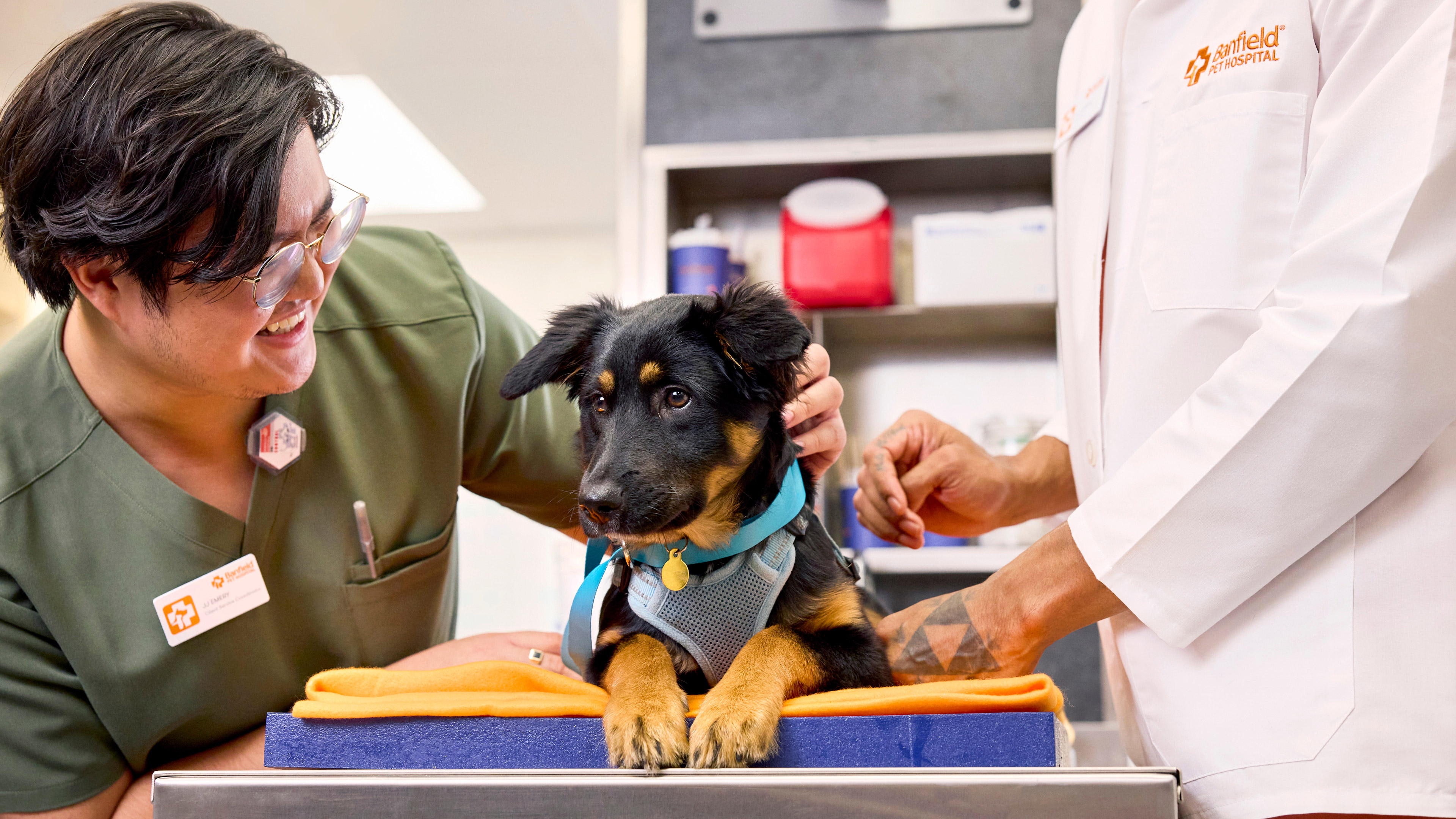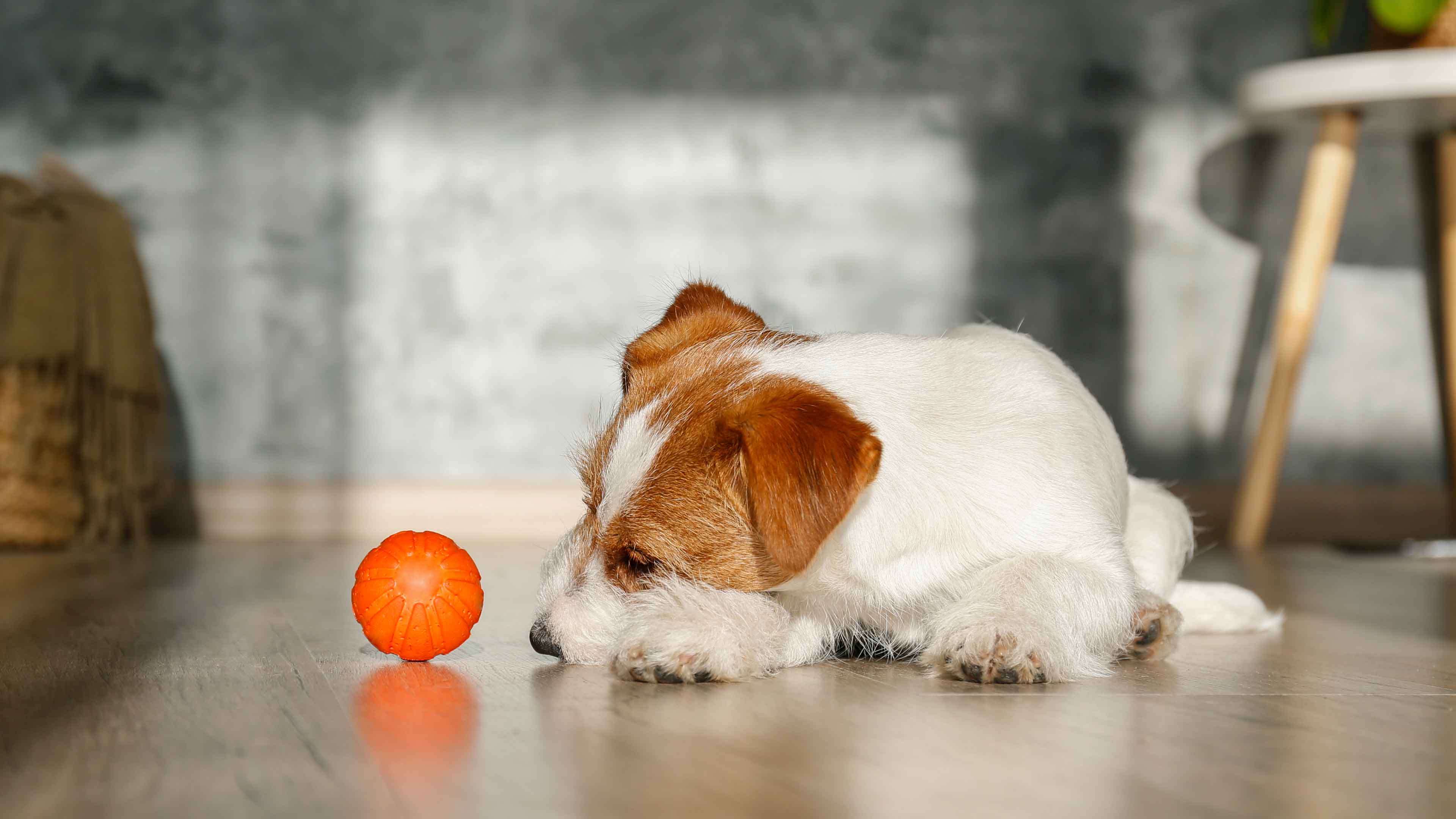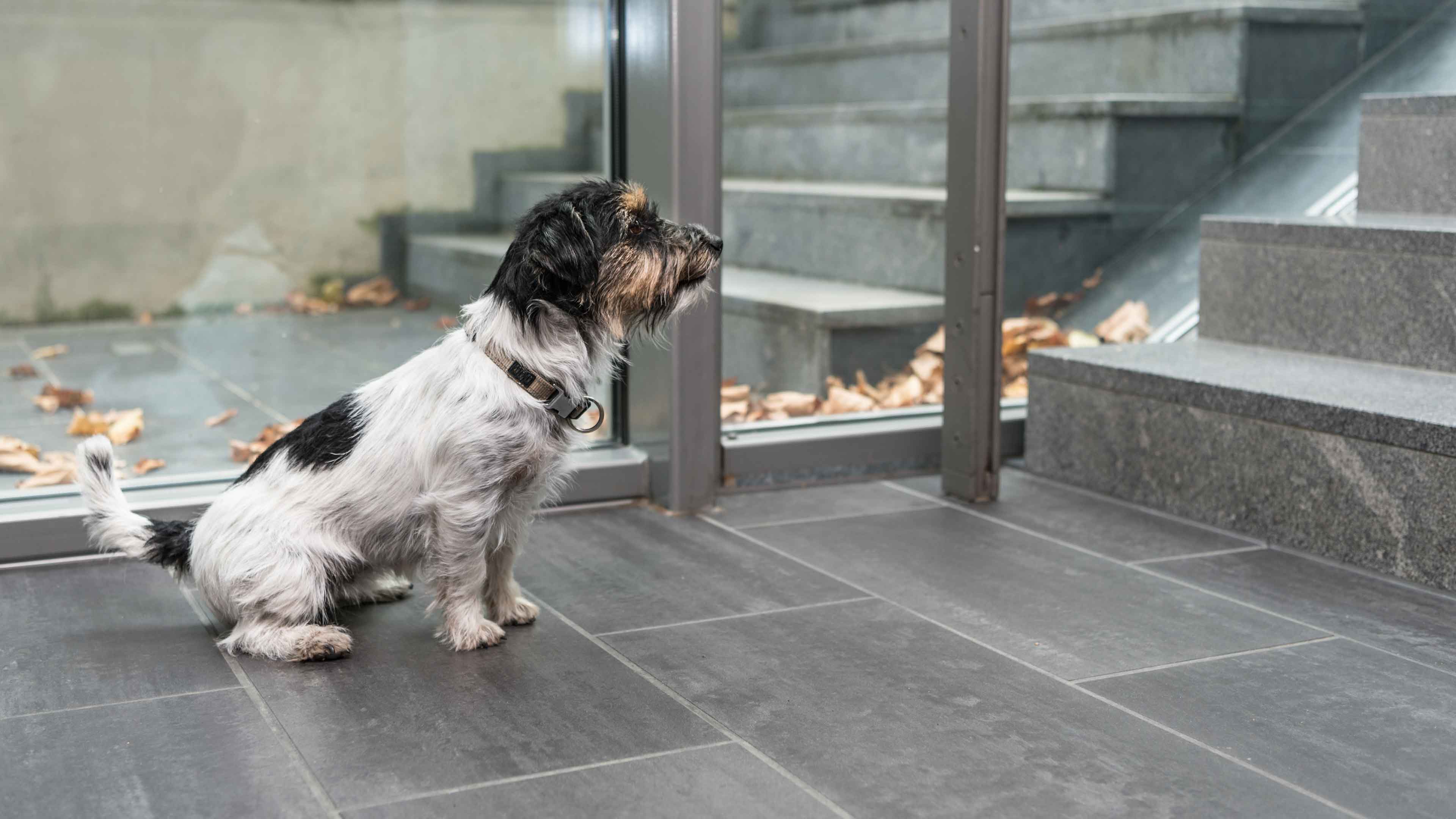are Christmas trees toxic to cats and dogs?
Christmas holiday safety tips
Hi, it’s Heidi Cooley, DVM, again. I want to discuss Christmas trees in my series on holiday pet safety.
They’re a wonderful staple in many homes during the holiday season and make a festive and sparkling addition to the household, whether artificial or freshly cut. But if you have dogs or cats, it’s important to practice Christmas tree safety. While it’s generally OK for your furry friend to be around a Christmas tree, you still need to watch out for a few important things.
Dangers of Christmas trees
Live Christmas trees such as fir, spruce, and pine are considered nontoxic to pets, but their needles and sap can cause oral or digestive issues if ingested. Tree water is another item to watch out for. Preservatives used in water to keep trees fresh can be toxic and cause tummy issues.Artificial trees? They also pose risks. Those poky fake needles can upset your dog's or cat’s stomach or digestive system if ingested.
Additionally, curious pets can knock trees over and hurt themselves. Whether you have a fake or real tree, consider putting a baby gate around it to keep your pet away.
Other tree dangers to keep an eye out for:
- Broken or small ornaments: The last thing you need is for your pet to step on a piece of glass or ingest a small plastic figurine. Invest in shatterproof ornaments, set them high on the tree, and make sure they’re secure in their spot.
- Hooks: Metal J-hooks are often used to affix ornaments to Christmas trees. Consider replacing them with yarn or ribbon (which are still dangerous for pets to ingest, FYI).
- Tinsel: Pets should not have access to these sparkly foil strands and fun-colored garlands. If ingested, bits of foil may cause blockage in your pet’s digestive tract, which might require surgery.
- String lights: If your dog or cat likes to nibble on wire string lights, they risk electrocuting themselves. So place string lights out of your pet’s reach or cover the cord with PVC piping.
- Christmas gifts: If there are any gifts that pose a risk for your pet, say food or electronics, it’s best not to put them under the tree where your nosy furball can get to them. Instead, put them in a hard-to-reach spot.
Other winter plants to watch out for
In addition to Christmas trees, people often decorate their homes with other winter plants or receive them as gifts. Holly, mistletoe, lilies, and poinsettias can cause serious gastrointestinal issues, seizures, and even death if ingested in large quantities. If you have a curious pup or feline in your household, it’s safer to avoid having these plants in the house altogether.
Christmas cactus, moth orchids, pink polka dot plants, large majesty palm, spider plants, roses, and bromeliads are safe, nontoxic winter plants to have in your home, but that doesn’t mean you should let your pet chow down on them. If your pet chews on a plant and you’re unsure about its toxicity level, please call your vet right away.
Helpful holiday pet safety tips
We’ve got additional tips on holiday decor dos and don’ts here.
Do you have a pet that gets nervous during this busy time of year? Check out our steps for keeping them cool, calm, and collected.
Don’t forget! If your pet has an Optimum Wellness Plan, our 24/7 Pet Chat™ is a great resource for your holiday pet safety questions or even year-round questions! (Note: If you think your pet has ingested a toxin, please call the Pet Poison Helpline at 800-213-6680 and take your pet to the closest emergency vet.)
 Mites and mange
Mites and mange Podcast - Not Just Fluff
Podcast - Not Just Fluff
